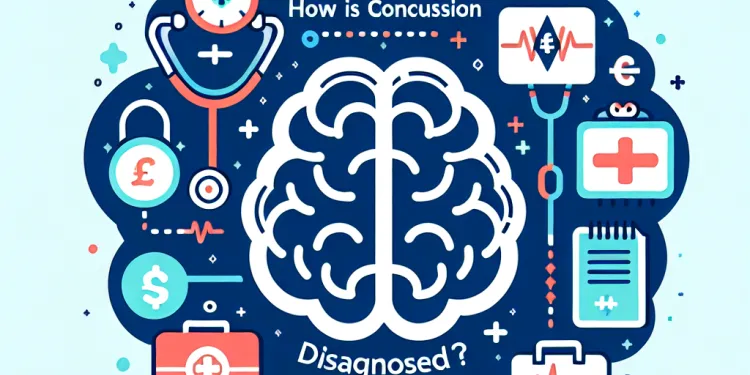
Find Help
More Items From Ergsy search
-
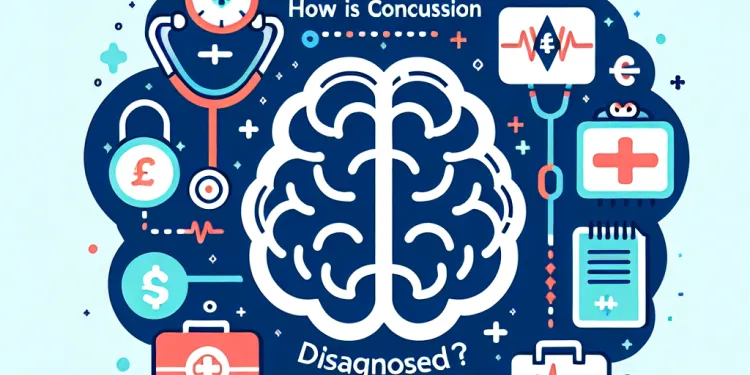
How is a concussion diagnosed?
Relevance: 100%
-
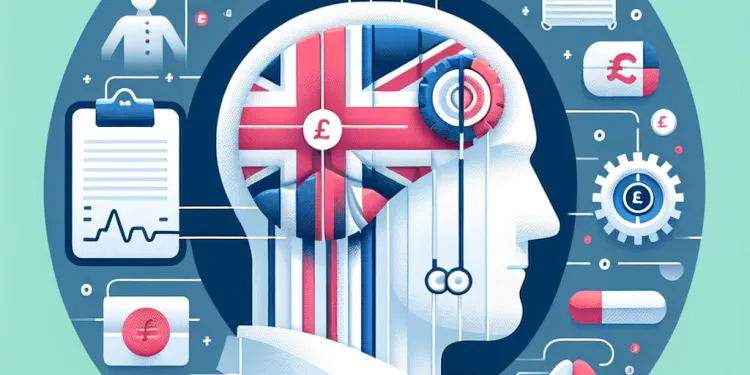
How is a concussion diagnosed?
Relevance: 97%
-
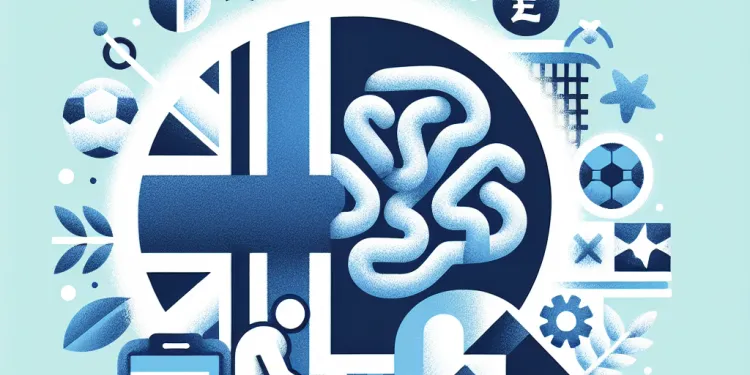
What is Concussion?
Relevance: 92%
-
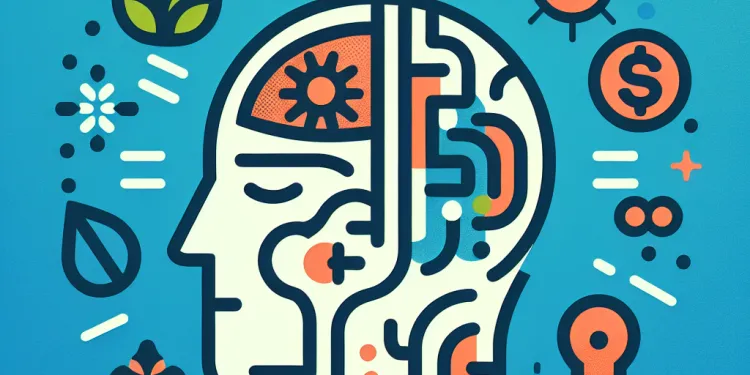
Is headache a symptom of a concussion?
Relevance: 87%
-
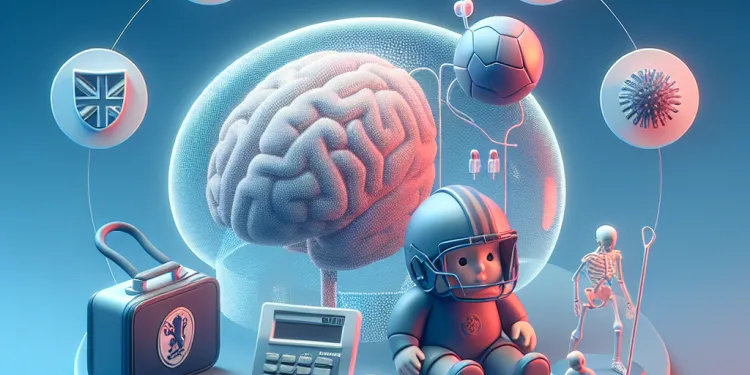
Are children more susceptible to concussions than adults?
Relevance: 83%
-
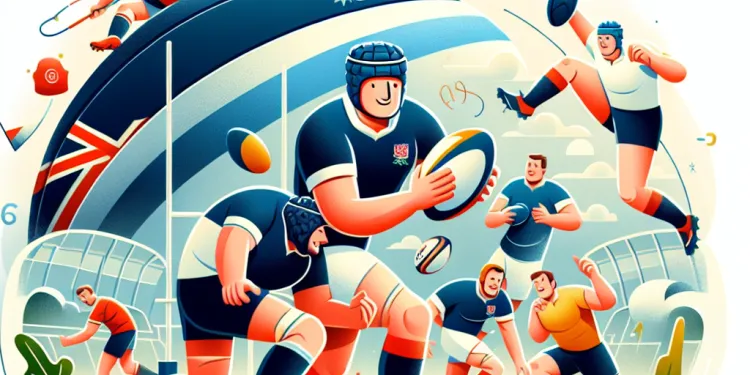
Are Concussions common in Rugby?
Relevance: 83%
-
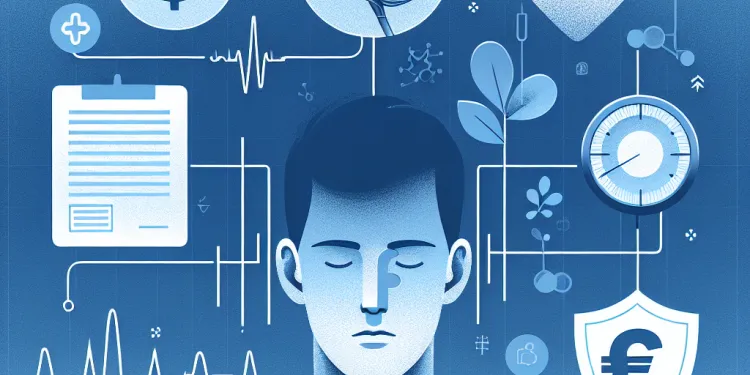
What are common symptoms of a concussion?
Relevance: 83%
-
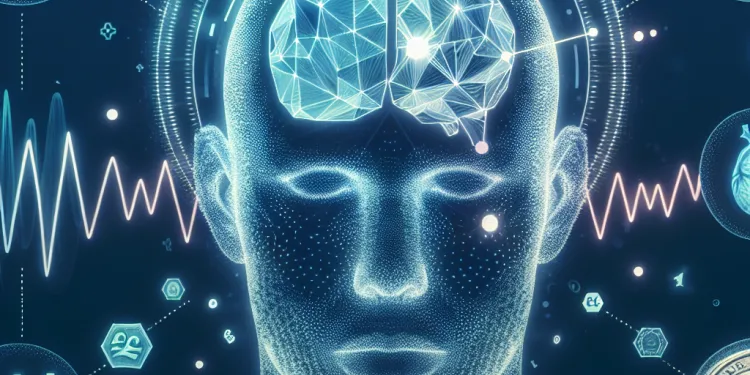
Can concussions occur without a direct blow to the head?
Relevance: 82%
-

How can concussions be prevented in rugby?
Relevance: 82%
-
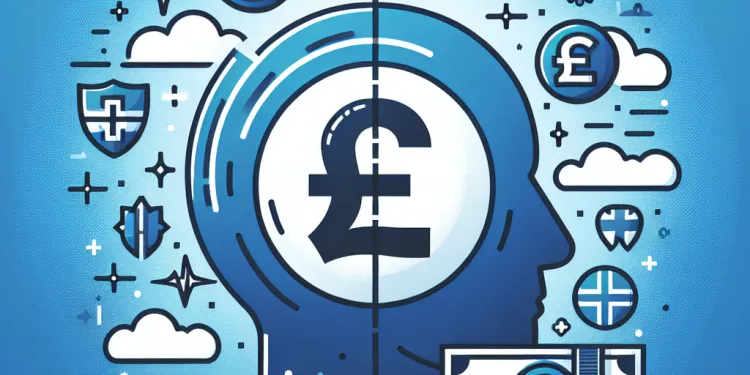
How can concussions be prevented?
Relevance: 80%
-
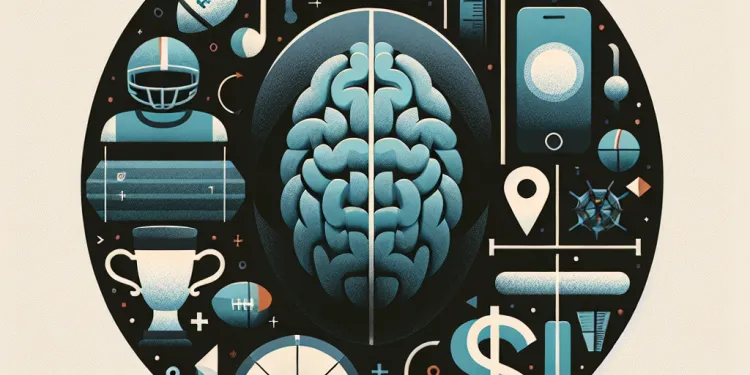
What causes concussions in rugby?
Relevance: 80%
-
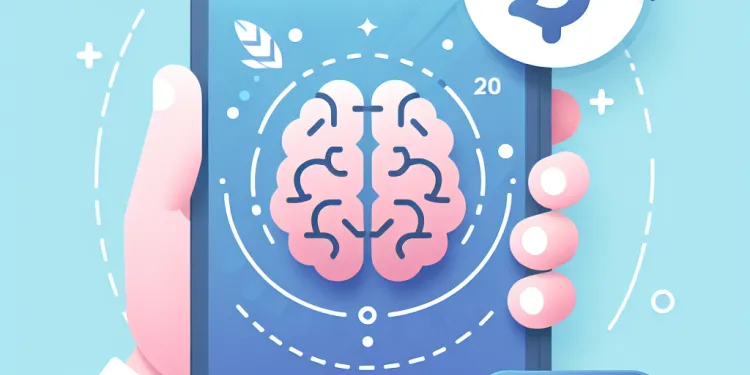
Is there any way to prevent concussions?
Relevance: 80%
-
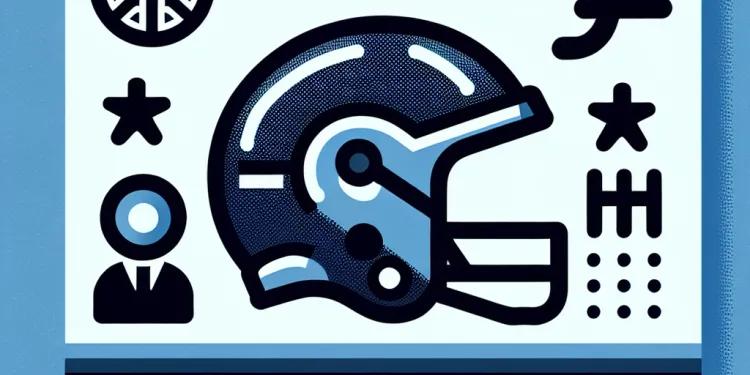
How can concussions be prevented?
Relevance: 79%
-
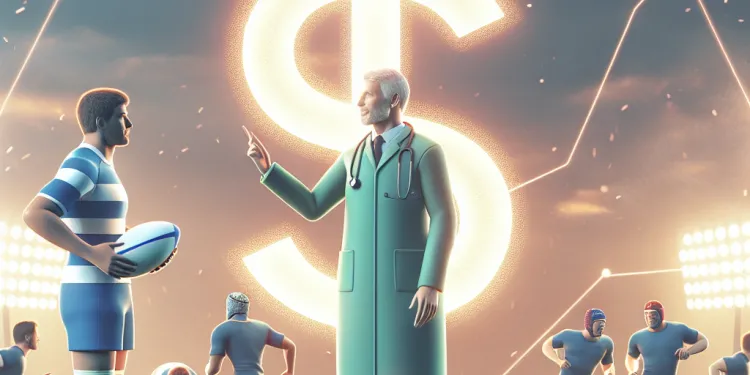
Is there a protocol for managing concussions in rugby?
Relevance: 79%
-
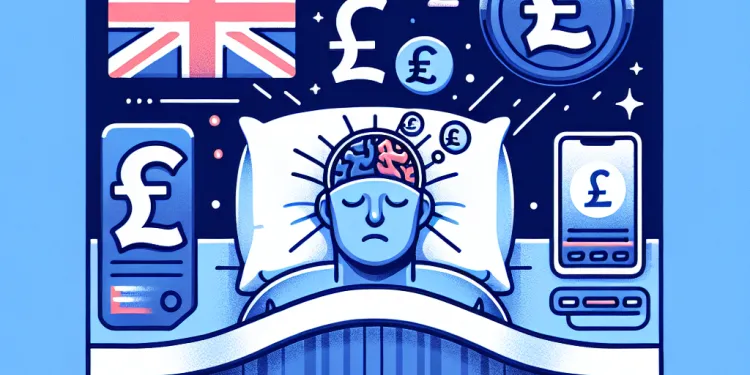
Is it safe to sleep after a concussion?
Relevance: 79%
-
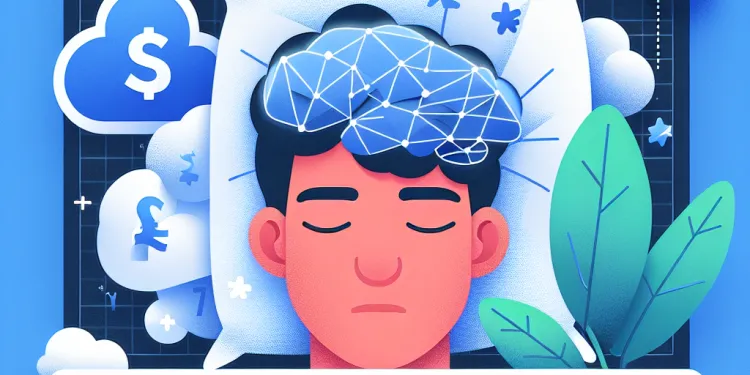
Is it safe to sleep after a concussion?
Relevance: 78%
-
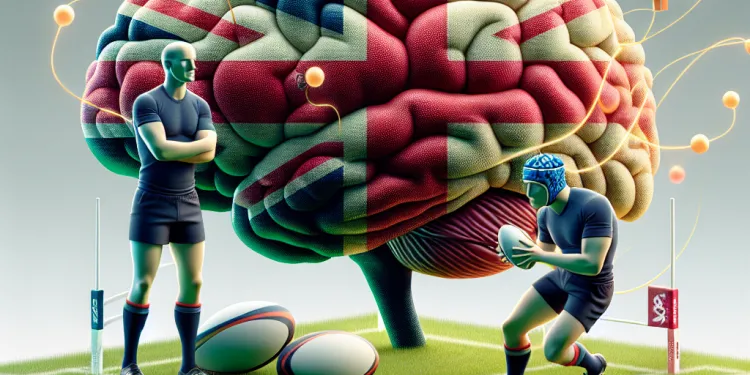
Are helmets required in rugby to prevent concussions?
Relevance: 76%
-
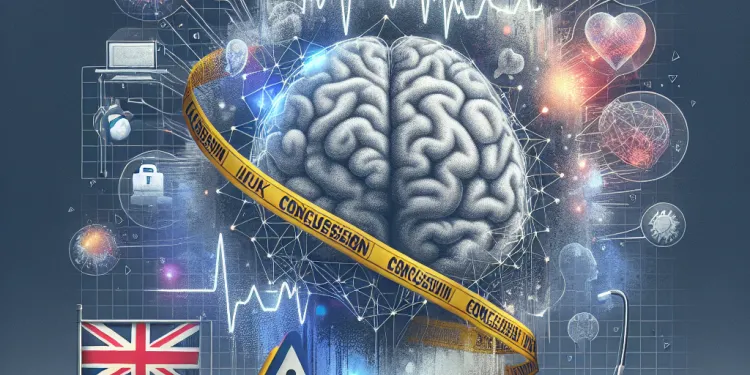
Can a concussion cause memory problems?
Relevance: 76%
-
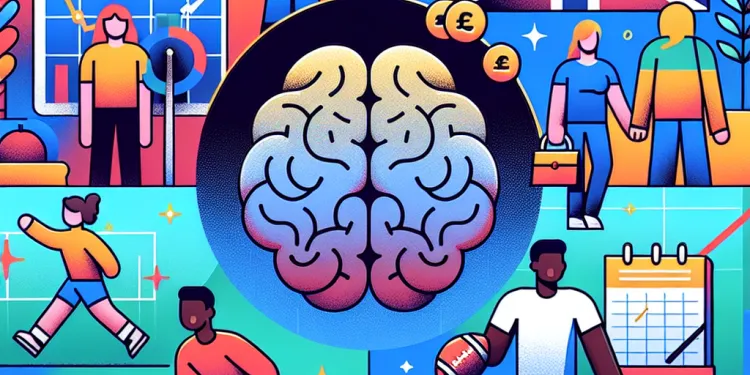
When is it safe to return to normal activities after a concussion?
Relevance: 76%
-
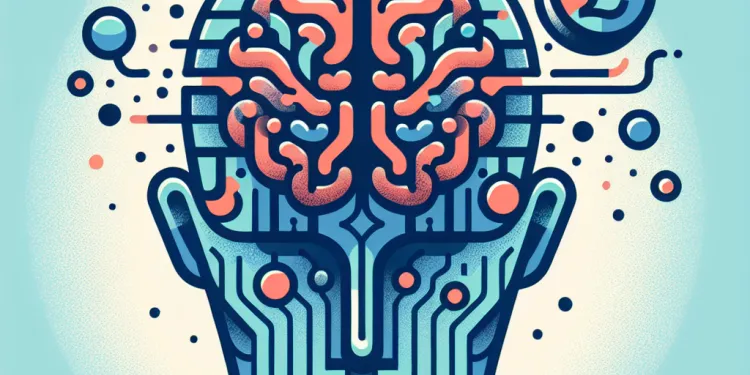
Can concussions lead to mental health issues?
Relevance: 75%
-
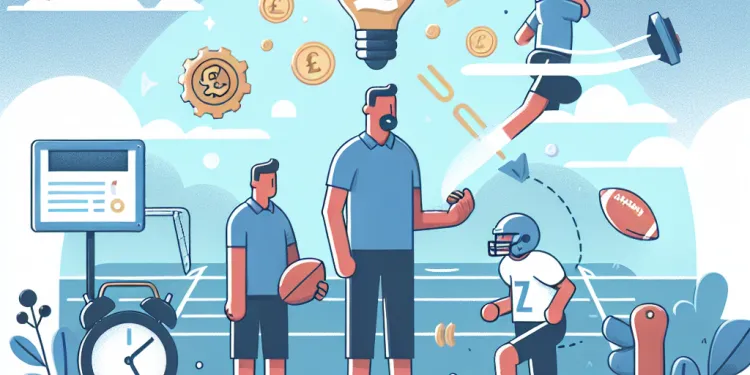
Is training available for coaches to help prevent concussions?
Relevance: 74%
-
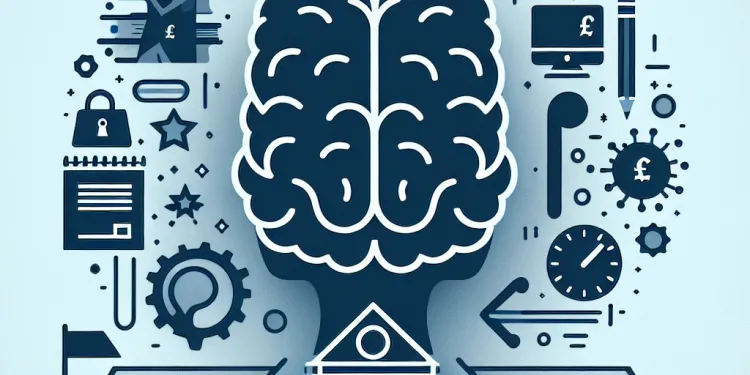
What role do schools play in managing concussions?
Relevance: 74%
-
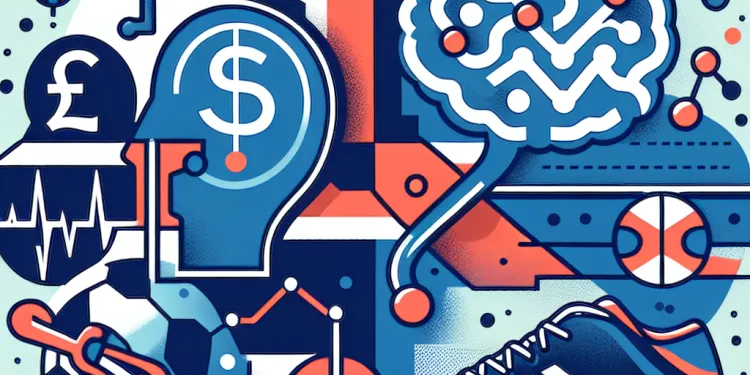
Can playing sports increase the risk of a concussion?
Relevance: 74%
-
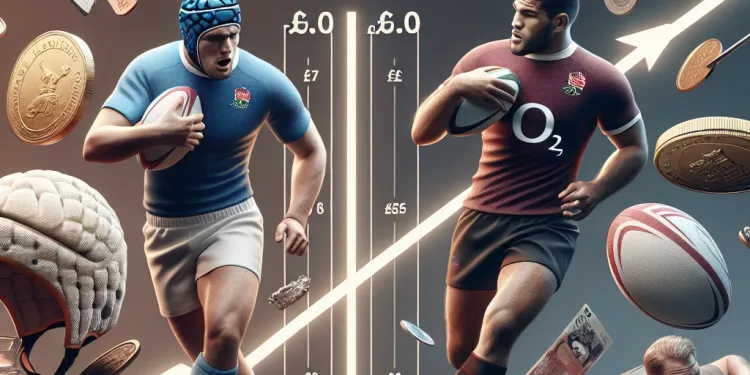
Is there a difference in concussion rates between amateur and professional rugby?
Relevance: 73%
-
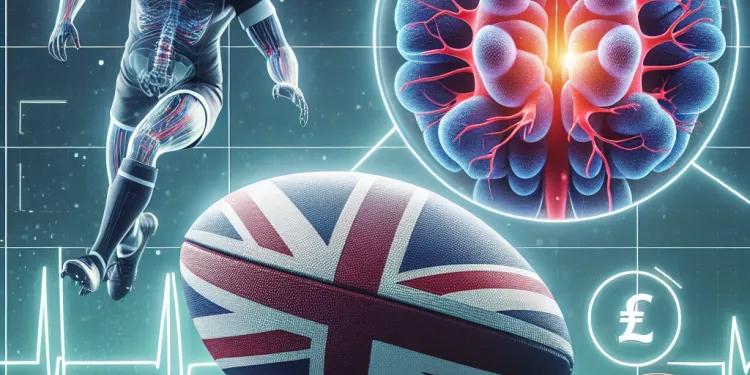
How do concussions impact long-term health in rugby players?
Relevance: 72%
-
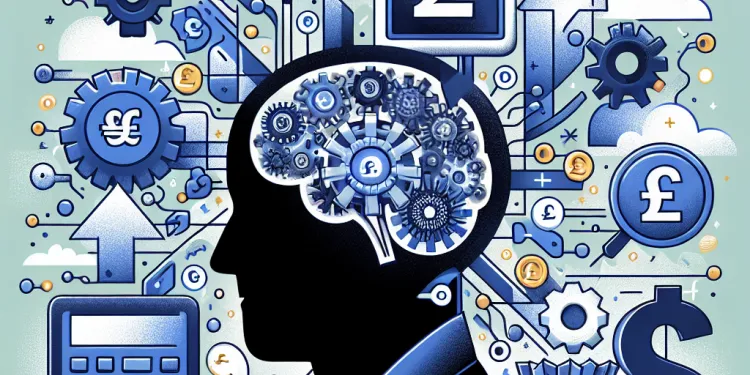
Should people with a concussion avoid screens and technology?
Relevance: 72%
-
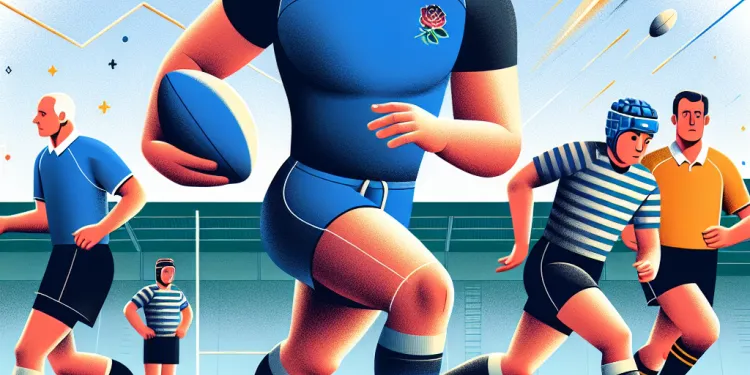
What age groups are most at risk for concussions in rugby?
Relevance: 71%
-
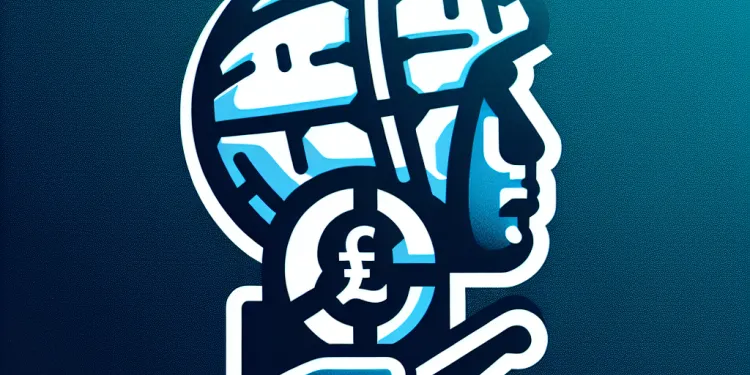
What support is available for rugby players who suffer concussions?
Relevance: 70%
-

When is it safe to return to normal activities after a concussion?
Relevance: 69%
-
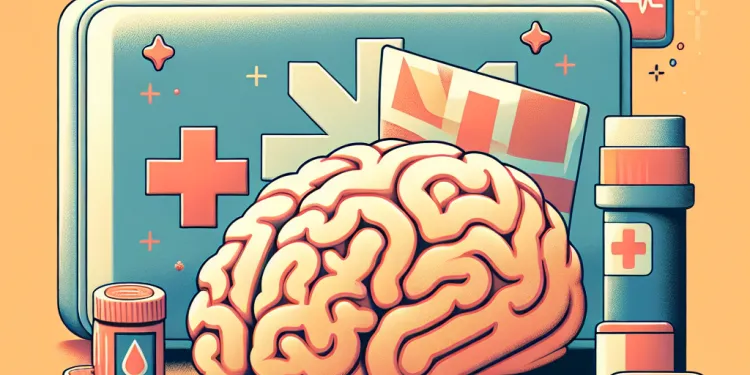
What immediate steps should be taken if someone has a concussion?
Relevance: 69%
-
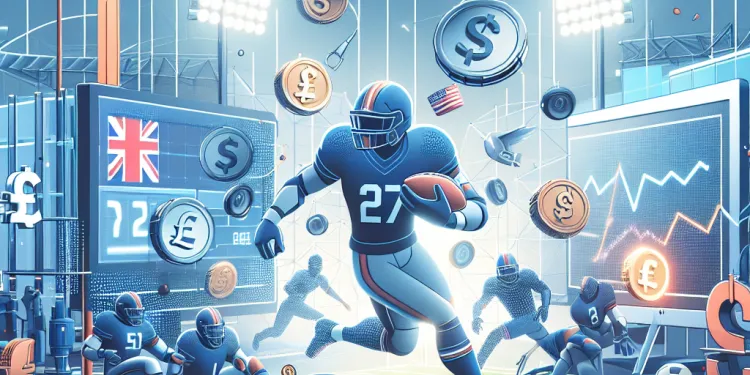
Can players return to play on the same day after a suspected concussion?
Relevance: 69%
-
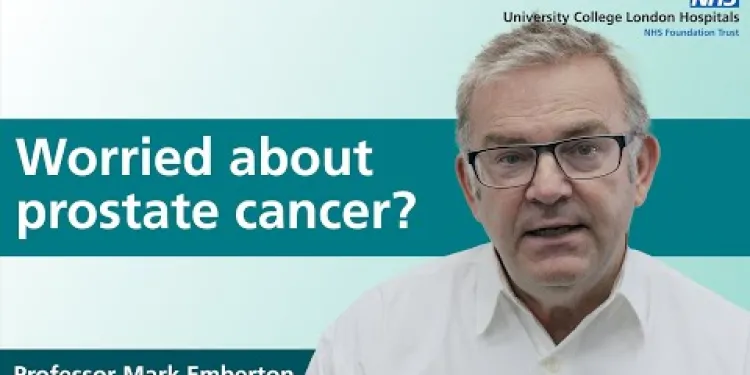
Prostate cancer diagnosis and tests
Relevance: 56%
-
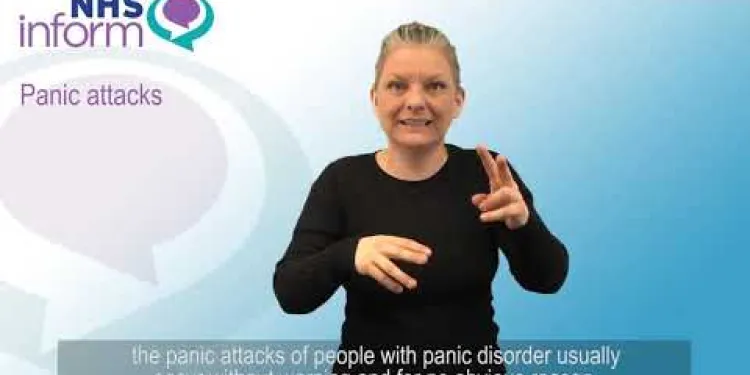
BSL - Diagnosis of panic disorder
Relevance: 55%
-
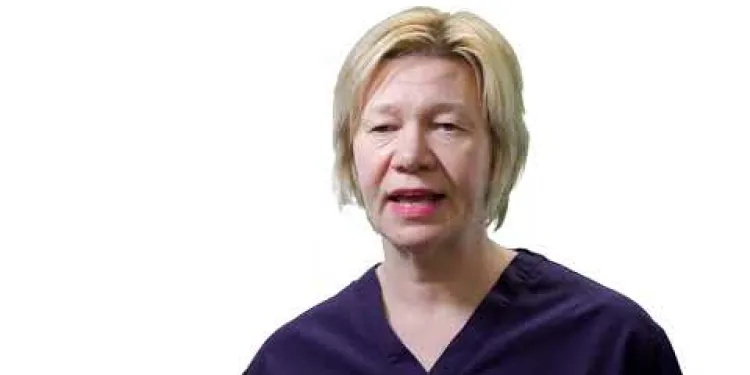
Head and Neck Cancer Diagnosis
Relevance: 55%
-
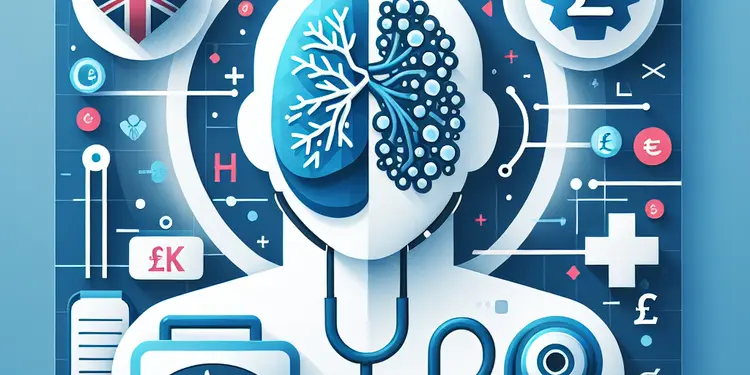
Are AI systems used alone in lung cancer diagnosis or alongside human radiologists?
Relevance: 52%
-
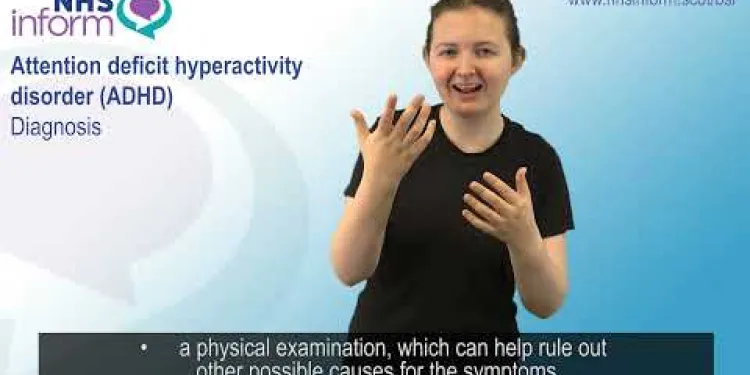
Attention deficit hyperactivity disorder (ADHD) - Diagnosis
Relevance: 50%
-
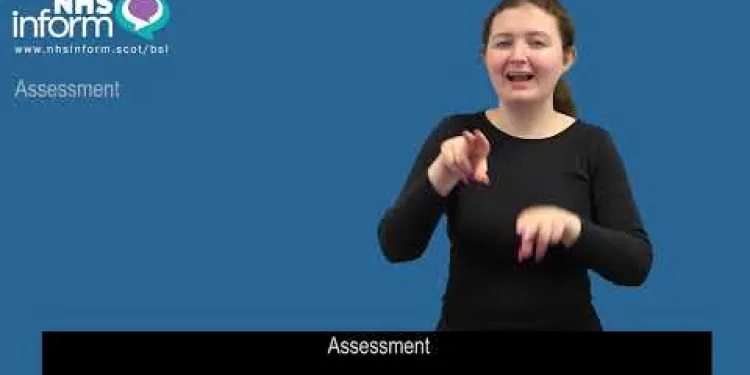
BSL - Diagnosis of obsessive compulsive disorder (OCD)
Relevance: 50%
-

What is the life expectancy after a motor neurone disease diagnosis?
Relevance: 44%
-
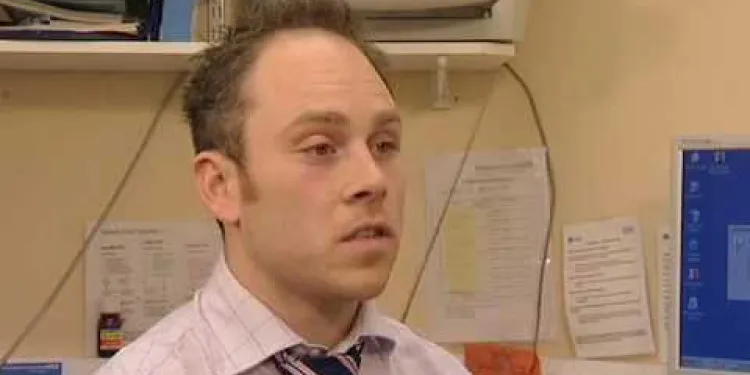
Advice on sports injuries
Relevance: 29%
-
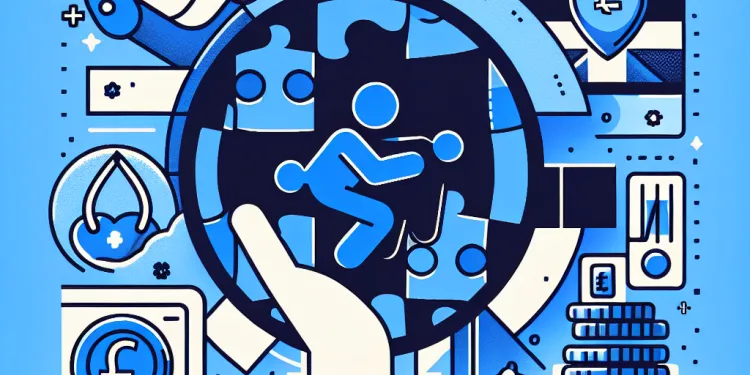
How is autism diagnosed?
Relevance: 21%
How is a Concussion Diagnosed?
Initial Assessment
A concussion is a type of traumatic brain injury that requires careful evaluation by a healthcare professional. In the UK, the initial assessment typically begins with a primary survey to rule out any life-threatening conditions following head trauma. This may occur on-site or immediately upon arrival at a healthcare facility. First responders or medical personnel will check vital signs and consciousness levels to ensure the patient is stable.Symptom Evaluation
To diagnose a concussion, doctors will inquire about the symptoms experienced by the patient. Common symptoms include headache, confusion, dizziness, nausea, and temporary loss of consciousness. They may also ask about changes in memory, concentration, and mood. The healthcare provider will conduct a thorough neurological examination, which involves assessing the patient's cognitive function, coordination, reflexes, and senses.Use of Standardised Tools
Doctors often employ standardized tools to aid in the diagnosis of a concussion. One common tool is the Glasgow Coma Scale, which measures a patient's level of consciousness based on verbal, motor, and eye-opening responses. An additional resource is the Sport Concussion Assessment Tool (SCAT), widely used in sports settings to evaluate athletes who have sustained head injuries.Imaging and Further Tests
In certain cases, imaging tests like a CT scan or MRI may be employed, particularly if there is concern about more severe brain injury, such as a skull fracture or brain bleeding. However, routine imaging is often not necessary for diagnosing a concussion since these tests may not show changes typical of a mild brain injury.Observation and Monitoring
After the initial diagnosis, patients with concussions need to be monitored closely, especially if symptoms worsen. Observation can occur at home, with guidance from healthcare providers about signs that warrant further medical attention. Follow-up appointments are generally recommended to assess recovery and guide the safe resumption of regular activities. The UK's National Institute for Health and Care Excellence (NICE) provides guidelines on monitoring and managing mild head injuries effectively.How do Doctors Know if You Have a Concussion?
First Check-Up
A concussion is an injury to the brain. It is important for a doctor to check it carefully. In the UK, the first check-up starts by making sure nothing very serious has happened. This check-up can happen right where the injury took place or at the hospital. The doctor or nurse will check if the person is awake and if their heartbeat and breathing are okay.Looking at Symptoms
To find out if someone has a concussion, doctors ask about how they feel. People with a concussion might have a headache, feel dizzy or confused, feel sick, or have trouble remembering things. They might also act differently or have a change in mood. The doctor will also check how well the brain and body are working. This includes testing how the person thinks, moves, and responds to things.Special Tools to Help Doctors
Doctors use special tools to help figure out if someone has a concussion. One tool is called the Glasgow Coma Scale. It helps doctors see how alert someone is by looking at how they respond with words, movements, and eye-opening. Another tool is called the Sport Concussion Assessment Tool (SCAT), which is used to check athletes who hit their heads.More Tests and Pictures
Sometimes, doctors might need to take pictures of the brain. They do this with special machines called a CT scan or MRI. This is done if they think there might be a more serious injury, like a broken bone in the skull or bleeding in the brain. But usually, these pictures are not needed to know if someone has a mild concussion.Watching and Checking Again
After a concussion is found, it's important to keep a close eye on the person, especially if they start to feel worse. They can be watched at home with advice from the doctor about when to come back to the hospital. It's important to go back to the doctor to see how the person is getting better and to know when it's okay to go back to normal activities. In the UK, the National Institute for Health and Care Excellence (NICE) has rules for keeping an eye on people with mild head injuries.Frequently Asked Questions
What are the common symptoms of a concussion?
Common symptoms of a concussion include headache, dizziness, confusion, memory issues, nausea, balance problems, sensitivity to light or noise, and feeling fatigued or dazed.
How is a concussion medically diagnosed?
A concussion is diagnosed through a medical evaluation, which includes a physical exam and a review of the patient's symptoms. Doctors may use cognitive and neurological tests to assess memory, concentration, and coordination.
Do concussions always require imaging tests?
No, concussions do not always require imaging tests. CT scans or MRIs are generally only used if there is suspicion of a more serious brain injury or to rule out other conditions.
Can a GP diagnose a concussion?
Yes, a general practitioner (GP) can diagnose a concussion based on the symptoms and physical examination. They may refer the patient to a specialist if further evaluation is needed.
What should I do if I suspect someone has a concussion?
If you suspect someone has a concussion, ensure they stop any activity immediately and seek medical advice promptly. It's important to monitor their symptoms and avoid activities that could worsen their condition.
Are there specific tests used in the diagnosis of a concussion?
Yes, specific tests such as the Glasgow Coma Scale may be used to assess the severity of brain injury, and cognitive tests to assess memory, concentration, and balance may be performed.
How soon after a head injury should a person be evaluated for a concussion?
A person should be evaluated for a concussion as soon as possible after a head injury, especially if symptoms like confusion, headache, or dizziness are present.
Is loss of consciousness necessary for a concussion diagnosis?
No, loss of consciousness is not necessary for a concussion diagnosis. Many concussions occur without the person losing consciousness.
What role do cognitive tests play in diagnosing a concussion?
Cognitive tests help assess functions such as memory, attention, and concentration, which can be affected by a concussion, aiding in the diagnosis.
Can concussions be self-diagnosed?
No, concussions should not be self-diagnosed. It is important to see a healthcare professional for an accurate diagnosis and proper management.
What is the Glasgow Coma Scale?
The Glasgow Coma Scale is a neurological scale used to assess a person's level of consciousness after a head injury, evaluating verbal response, eye opening, and motor response.
Why is monitoring important after a concussion diagnosis?
Monitoring is important after a concussion to ensure the condition does not worsen and to manage symptoms as they arise, helping to prevent further injury.
Can children be diagnosed with concussions in the same way as adults?
While the process is similar, more emphasis may be placed on observing behaviour changes and consulting with specialists to assess concussion in children accurately.
What follow-up care is recommended after a concussion diagnosis?
Follow-up care usually involves rest, gradual return to normal activities, management of symptoms, and possibly further medical evaluations to ensure recovery.
How long does it take for concussion symptoms to appear?
Concussion symptoms can appear immediately after the injury or may develop over several hours or days, highlighting the need for ongoing observation.
What happens when you hurt your head?
When you bump your head really hard, it might be called a concussion. Here are some things you might feel:
- Your head hurts a lot. This is called a headache.
- You might feel dizzy, like the world is spinning.
- Lights or noises might bother you more than usual.
- You could feel sick to your stomach.
- You might have trouble remembering things.
- You could feel really tired or sleepy.
If you or someone else gets a bump on the head and feels any of these, tell a grown-up right away. They can help keep you safe. If reading is hard, try using audiobooks or ask someone to read to you. You can also highlight key points or make simple notes to help remember important details.
When you have a concussion, you might feel:
- A headache
- Dizzy or lightheaded
- Confused
- Like you can't remember things well
- Nauseous or like you want to throw up
- Lose your balance or feel unsteady
- Bothered by bright lights or loud noises
- Very tired or dazed
If you feel these symptoms, it's important to tell a grown-up or see a doctor.
Tools that can help include:
- Using simple lists
- Watching video explanations
- Asking someone to read with you
How do doctors find out if someone has a concussion?
A concussion is when the brain gets hurt. To find out if someone has a concussion, a doctor will check them. This means the doctor will look at how the person is feeling and check their body.
The doctor might do some simple tests to see how well the person can remember things, focus, and move their body. These tests help the doctor know if the brain is okay.
Using tools like picture cards or apps can help with remembering and concentration. Simple exercises can also help with balance and coordination.
Do you always need a brain scan if you bump your head?
If you hit your head, you might get a concussion. This can make you feel dizzy or confused.
You do not always need a brain scan. Doctors use tests and questions to check how you are feeling.
Sometimes, if you have a bad headache or other issues, a doctor might want to take pictures of your brain. This is called a brain scan.
If you feel worried, it's good to tell a doctor how you feel. They can help you know what to do next.
A friend or family member can also help you talk to the doctor.
No, you don't always need special pictures like CT scans or MRIs for concussions. Doctors use these pictures only if they think the brain might be hurt badly or to make sure nothing else is wrong.
Can a Doctor Tell if You Have a Concussion?
Yes, your doctor can tell if you have a concussion. They will look at your symptoms and check you over. If you need more help, they might send you to see another doctor who knows more about brains.
What to do if you think someone has a concussion?
If you think someone hurt their head and might have a concussion, follow these steps:
1. **Stay Calm:** Make sure the person is safe and calm.
2. **Look for Signs:** Check if they feel dizzy, have a headache, or act confused.
3. **Tell an Adult:** Ask for help from a grown-up or call a doctor.
4. **Rest:** Help the person sit or lie down to rest.
If you use a phone or tablet, you can search online for more help. You can also ask a grown-up to read with you.
If you think someone has a concussion, tell them to stop what they are doing right away. They should see a doctor as soon as possible. Watch how they are feeling and do not let them do anything that might make it worse.
What tests help doctors know if someone has a concussion?
Yes, there are special tests to see how serious a brain injury is. One test is called the Glasgow Coma Scale. There are also tests to check how well someone remembers things, focuses, and keeps their balance.
When should someone see a doctor after a bump on the head?
If someone gets a bump on the head, they should see a doctor soon. This is to check if they are okay. A doctor can help if they feel dizzy, confused, or sick. It is important to get help quickly.
Ask someone to help you go to the doctor if you need to. You can use pictures or write down what you feel to show the doctor. Don't wait if you feel bad.
If someone gets a bump on the head, they should see a doctor right away. This is important if they feel mixed up, have a headache, or feel dizzy.
Do you have to be knocked out to have a concussion?
No, you do not have to be knocked out to have a concussion. Lots of people get concussions without passing out.
How do brain tests help find out if someone has a concussion?
Brain tests look at how you remember things, pay attention, and focus. If you hurt your head, these things can change. Doctors use these tests to find out if you have a head injury.
You can use tools like pictures and simple words to help understand brain tests better. It's okay to ask for help if you need it.
Can I tell if I have a concussion by myself?
No, you should not decide for yourself if you have a concussion. It is important to see a doctor or nurse. They can tell you if you have a concussion and help you get better.
What is the Glasgow Coma Scale?
The Glasgow Coma Scale (GCS) is a way to check how awake and aware someone is after a head injury. It helps doctors know how serious the injury is.
The GCS checks three things:
- Eye Opening: Can the person open their eyes?
- Verbal Response: Can the person talk and make sense?
- Motor Response: Can the person move when asked?
The GCS gives a score for each of these checks, and then adds them up to get a total score. A higher score means the person is more awake.
If you want to understand this better, you can use pictures, videos, or ask a helper like a teacher or friend.
The Glasgow Coma Scale is a tool used by doctors to check how awake a person is after they hurt their head. It looks at three things: how the person talks, if they open their eyes, and how they move.
Why should you watch someone closely after a concussion?
After someone hits their head and has a concussion, it's very important to keep an eye on them.
Watching them helps make sure they are okay and getting better.
It's good to tell a doctor if anything seems wrong.
Using a notebook or checklist can help remember what you see.
It's important to keep an eye on someone after they have a concussion. This helps make sure they don't get worse. It also helps to take care of any problems that come up. This can stop more injuries from happening.
Can doctors check if children have a concussion the same way as adults?
Doctors look for signs to see if someone has a concussion. A concussion is when your brain gets a little hurt. Adults and children can both get concussions. But sometimes, doctors check children a bit differently than adults. This is because children's brains are still growing.
If you think a child has a concussion, always talk to a doctor. They can use special tests to find out. It’s important to make sure the child rests and feels better.
Use pictures and simple checklists to help understand concussion signs. You can also ask someone to explain things slowly. Writing down what the doctor says can help you remember.
The process is a bit the same. But it is important to watch for changes in how children act. It is also good to talk to experts to check if a child has a concussion.
What care do you need after a concussion?
If a doctor says you have a concussion, here is how you can take care of yourself:
- Rest: Get lots of sleep. Both your body and brain need to rest.
- Avoid screens: Take a break from TV, computer, and phone to help your brain heal.
- Quiet time: Stay in a calm and quiet place.
- Easy activities: Do simple things. Avoid busy or loud places.
- Doctor visits: Visit your doctor regularly to check on your recovery.
- Ask for help: Get support from family or friends if you need it.
Use a calendar or alarms to remember appointments. You can also ask someone to help remind you of important things.
After you get better, you should:
1. Rest. Take it easy and let your body heal.
2. Slowly go back to doing your daily stuff. Start with little things and do more each day.
3. Watch how you feel. If you have pain or other problems, take care of them.
4. Go to the doctor if you need more check-ups to make sure you are okay.
When do signs of a concussion start to show?
It can take some time for signs of a concussion to start.
Support tools: Ask someone to help you watch for any changes. Use a calendar to note any symptoms that appear.
When someone gets a bump on the head, they might feel sick right away. But sometimes, they feel sick many hours or days later. That's why it's important to keep checking on them.
Useful Links
This website offers general information and is not a substitute for professional advice.
Always seek guidance from qualified professionals.
If you have any medical concerns or need urgent help, contact a healthcare professional or emergency services immediately.
Some of this content was generated with AI assistance. We’ve done our best to keep it accurate, helpful, and human-friendly.
- Ergsy carfully checks the information in the videos we provide here.
- Videos shown by Youtube after a video has completed, have NOT been reviewed by ERGSY.
- To view, click the arrow in centre of video.
- Most of the videos you find here will have subtitles and/or closed captions available.
- You may need to turn these on, and choose your preferred language.
- Go to the video you'd like to watch.
- If closed captions (CC) are available, settings will be visible on the bottom right of the video player.
- To turn on Captions, click settings .
- To turn off Captions, click settings again.
More Items From Ergsy search
-

How is a concussion diagnosed?
Relevance: 100%
-

How is a concussion diagnosed?
Relevance: 97%
-

What is Concussion?
Relevance: 92%
-

Is headache a symptom of a concussion?
Relevance: 87%
-

Are children more susceptible to concussions than adults?
Relevance: 83%
-

Are Concussions common in Rugby?
Relevance: 83%
-

What are common symptoms of a concussion?
Relevance: 83%
-

Can concussions occur without a direct blow to the head?
Relevance: 82%
-

How can concussions be prevented in rugby?
Relevance: 82%
-

How can concussions be prevented?
Relevance: 80%
-

What causes concussions in rugby?
Relevance: 80%
-

Is there any way to prevent concussions?
Relevance: 80%
-

How can concussions be prevented?
Relevance: 79%
-

Is there a protocol for managing concussions in rugby?
Relevance: 79%
-

Is it safe to sleep after a concussion?
Relevance: 79%
-

Is it safe to sleep after a concussion?
Relevance: 78%
-

Are helmets required in rugby to prevent concussions?
Relevance: 76%
-

Can a concussion cause memory problems?
Relevance: 76%
-

When is it safe to return to normal activities after a concussion?
Relevance: 76%
-

Can concussions lead to mental health issues?
Relevance: 75%
-

Is training available for coaches to help prevent concussions?
Relevance: 74%
-

What role do schools play in managing concussions?
Relevance: 74%
-

Can playing sports increase the risk of a concussion?
Relevance: 74%
-

Is there a difference in concussion rates between amateur and professional rugby?
Relevance: 73%
-

How do concussions impact long-term health in rugby players?
Relevance: 72%
-

Should people with a concussion avoid screens and technology?
Relevance: 72%
-

What age groups are most at risk for concussions in rugby?
Relevance: 71%
-

What support is available for rugby players who suffer concussions?
Relevance: 70%
-

When is it safe to return to normal activities after a concussion?
Relevance: 69%
-

What immediate steps should be taken if someone has a concussion?
Relevance: 69%
-

Can players return to play on the same day after a suspected concussion?
Relevance: 69%
-

Prostate cancer diagnosis and tests
Relevance: 56%
-

BSL - Diagnosis of panic disorder
Relevance: 55%
-

Head and Neck Cancer Diagnosis
Relevance: 55%
-

Are AI systems used alone in lung cancer diagnosis or alongside human radiologists?
Relevance: 52%
-

Attention deficit hyperactivity disorder (ADHD) - Diagnosis
Relevance: 50%
-

BSL - Diagnosis of obsessive compulsive disorder (OCD)
Relevance: 50%
-

What is the life expectancy after a motor neurone disease diagnosis?
Relevance: 44%
-

Advice on sports injuries
Relevance: 29%
-

How is autism diagnosed?
Relevance: 21%


